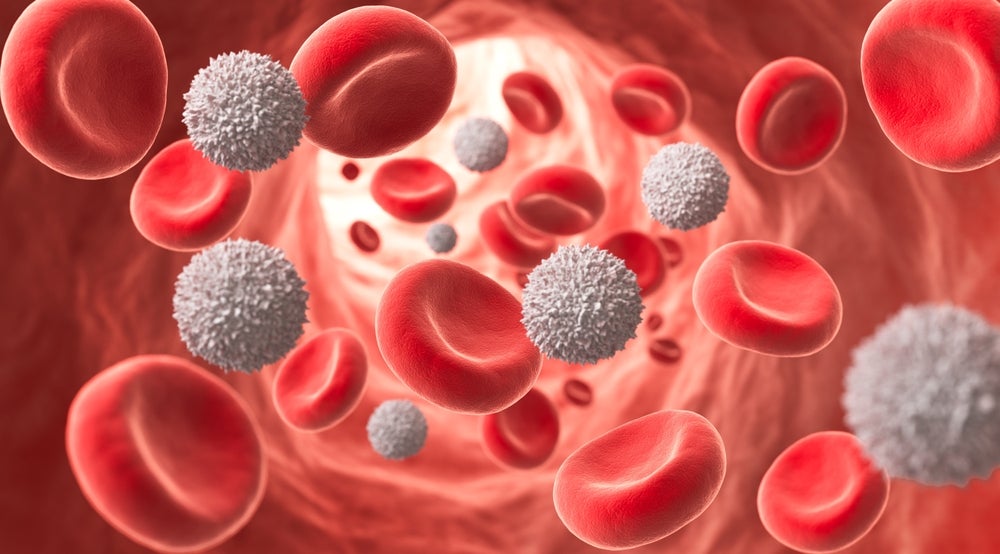Merck & Co (MSD) has announced that its ongoing agreement with Orion Corporation for the co-development and co-commercialisation of opevesostat (MK-5684/ODM-208) has changed to give MSD exclusive rights to the investigational hormone-dependent cancer treatment.
Under the terms of the original agreement, both MSD and Orion had the option to convert the licensing agreement into an exclusive global license for MSD. A wholly exclusive license agreement would give MSD exclusive rights for the global development and commercialisation of opevesostat and other CYP11A1 inhibitor-targeting candidates. Consequently, Orion is now in a position to receive up to $30m for developmental milestones, up to $625m for regulatory milestones, and up to $975m for sales-contingent milestones.
Changing the agreement with MSD allows Orion to allocate its resources to advance other projects while maximising the potential of opevesostat for the treatment of certain prostate cancers and reaping the developmental and commercial benefits of the candidate, Orion president and CEO, Liisa Hurme said in the 1 July press release.
Espoo, Finland-based Orion will also continue to be responsible for the drug manufacturing for the clinical and commercial supply for MSD.
Opevesostat, a non-steroidal, selective CYP11A1 inhibitor, is designed to suppress the production of steroid hormones that may induce the androgen receptor signalling pathway activated in hormone-dependent cancers such as prostate cancer. The treatment is actively being evaluated in two pivotal Phase III studies, OMAHA1 (NCT06136624) and OMAHA2a (NCT06136650).
According to GlobalData’s consensus forecasts, opevesostat is expected to generate global sales of $207m in 2030. GlobalData is the parent company of Pharmaceutical Technology.
The randomised, open-label OMAHA1 compares the opevesostat/hormone replacement therapy (HRT) combination therapy to an alternative next-generation hormonal agent (NHA) like abiraterone acetate or enzalutamide. The study is recruiting patients with metastatic castration-resistant prostate cancer (mCRPC) who have failed a prior line of NHAs or two prior taxanes. Johnson and Johnson markets abiraterone as Zytiga while enzalutamide is sold as Xtandi by Pfizer and Astellas Oncology. The primary endpoints of this study are overall survival and radiographic progression-free survival (rPFS) in androgen receptor ligand-binding domain (AR LBD) mutation status patients.
OMAHA2a is studying the safety and efficacy of combination therapy compared to Xtandi or Zytica for the treatment of patients with front-line mCRPC who have failed a prior line of an NHA.
Earlier this year, MSD signed a clinical trial collaboration and supply agreement with Lava Therapeutics to study Lava’s prostate cancer therapy, LAVA-1207, as a potential combination treatment with the former’s blockbuster drug Keytruda (pembrolizumab).















